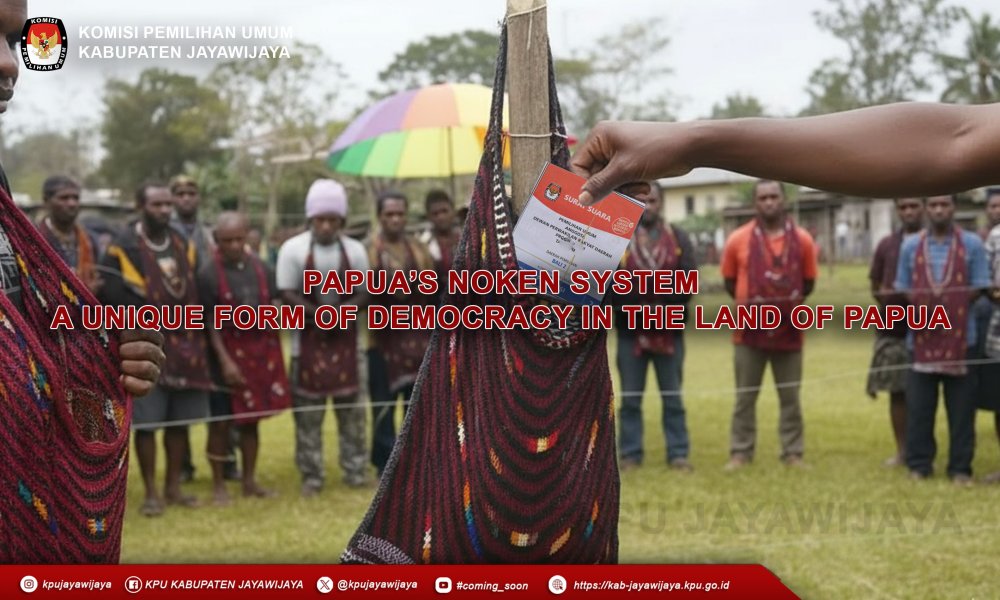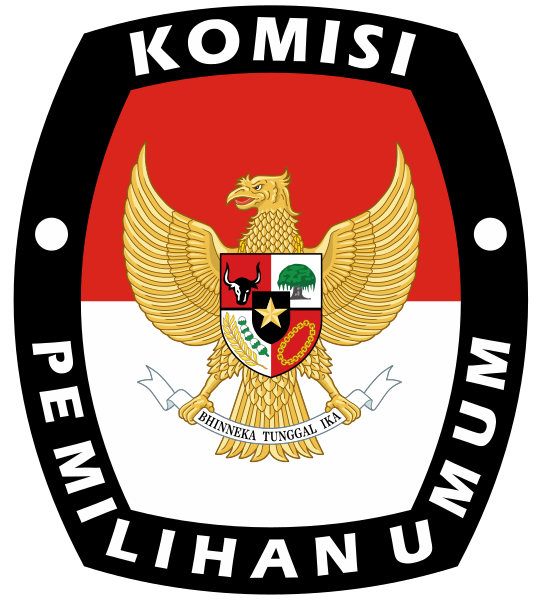
Papua Noken System: A Unique Form of Democracy in the Land of Papua
Wamena - The Noken System is a traditional Papuan voting method that embodies democratic values rooted in local wisdom. In this system, citizens do not vote directly but instead reach a communal decision through customary consensus, represented by the tribal chief. The Constitutional Court (Mahkamah Konstitusi / MK) has officially recognized this system as a legitimate form of election practice in Papua, acknowledging its respect for the region’s culture, social structure, and traditions of communal deliberation. Uniquely, this system upholds the principles of honesty, transparency, and shared responsibility within the democratic process.
What Is the Noken System?
The Noken System originates from the traditions of indigenous Papuan communities, who use a woven bag called noken as a symbol of agreement and unity. In the context of elections, the system serves as a customary-based method of voting through communal deliberation. The tribal chief acts as the community’s representative, casting votes based on the collective consensus of the villagers.
Unlike direct voting systems practiced in other regions, the Noken System emphasizes togetherness and trust between traditional leaders and their people. This approach reflects the spirit of Papuan democracy, which values not only individual voices but also collective community decisions.
Also Read : Understanding the Presidential System of Government in Detail
Legal Recognition of the Noken System
The Noken System received formal legal recognition through Constitutional Court Decision No. 47-81/PHPU.A-VII/2009, which declared its implementation valid in certain regions of Papua. The Court determined that the system does not violate democratic principles as long as it is conducted through mutual consent without coercion.
The General Elections Commission (KPU) also affirmed that the Noken System operates within the framework of Indonesia’s national election law, under the supervision of Bawaslu (Election Supervisory Agency) and supported by documented agreements signed by tribal chiefs and community members. This recognition demonstrates that the state respects cultural diversity within the democratic process.
Benefits of the Noken System for Papuan Communities
- Preserving Local Wisdom: The system maintains the traditions of deliberation (musyawarah) and mutual cooperation (gotong royong), which are core values of Papuan indigenous life.
- Encouraging Political Participation: People living in remote areas can still take part in elections through accessible customary mechanisms.
- Strengthening Social Solidarity: Elections are carried out collectively, fostering unity and trust among citizens.
- Reducing Political Conflict: Since decisions are reached through consensus, potential conflicts arising from differing choices can be minimized.
Challenges and Modernization Efforts
Despite its cultural significance, the Noken System faces several challenges, such as limited written documentation, resource constraints, and potential misuse by certain parties. The KPU and Bawaslu continuously conduct voter education, staff training, and multi-level supervision to ensure that the system remains transparent and consistent with the principles of Luber Jurdil (Direct, Public, Free, Confidential, Honest, and Fair Elections).
Moreover, the government and election bodies are working toward digitizing the documentation of customary agreements without altering their essence, allowing the Noken System to be more easily verified and legally accountable.
The Noken System as the Identity of Papuan Democracy
The Noken System is not merely a voting method—it is a cultural identity and a symbol of Papuan people’s sovereignty. Through this system, the people of Papua demonstrate that democracy can take many forms, reflecting local values while preserving its universal meaning.
This system serves as tangible proof that diversity does not hinder democracy; instead, it enriches Indonesia’s political practice, which is grounded in Pancasila and respect for differences.
Also Read : Parliamentary System of Government: Concept, Characteristics, and Examples
Conclusion
The Noken System reflects the unique way Papuans exercise their political rights—through consensus, trust, and traditional values. Its recognition by the Constitutional Court illustrates the nation’s respect for cultural diversity as part of Indonesia’s democratic richness. With continued supervision and civic education, the Noken System will remain a vital democratic heritage of Papua, relevant even in the modern era.
(Ar)
References
- Constitutional Court of the Republic of Indonesia (2009). Decision No. 47-81/PHPU.A-VII/2009 on the Recognition of the Noken System in Papua.
- General Elections Commission of the Republic of Indonesia (KPU RI) (2024). Election Implementation in Regions Using the Noken System.
![]()
![]()
![]()
